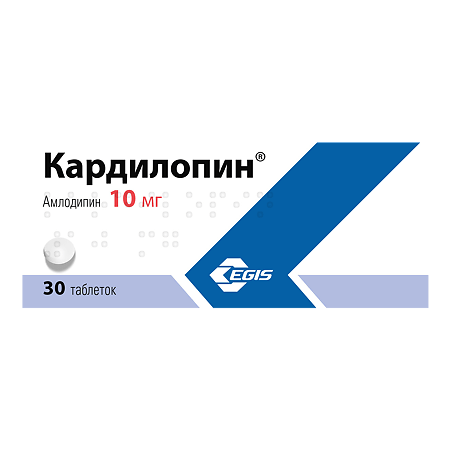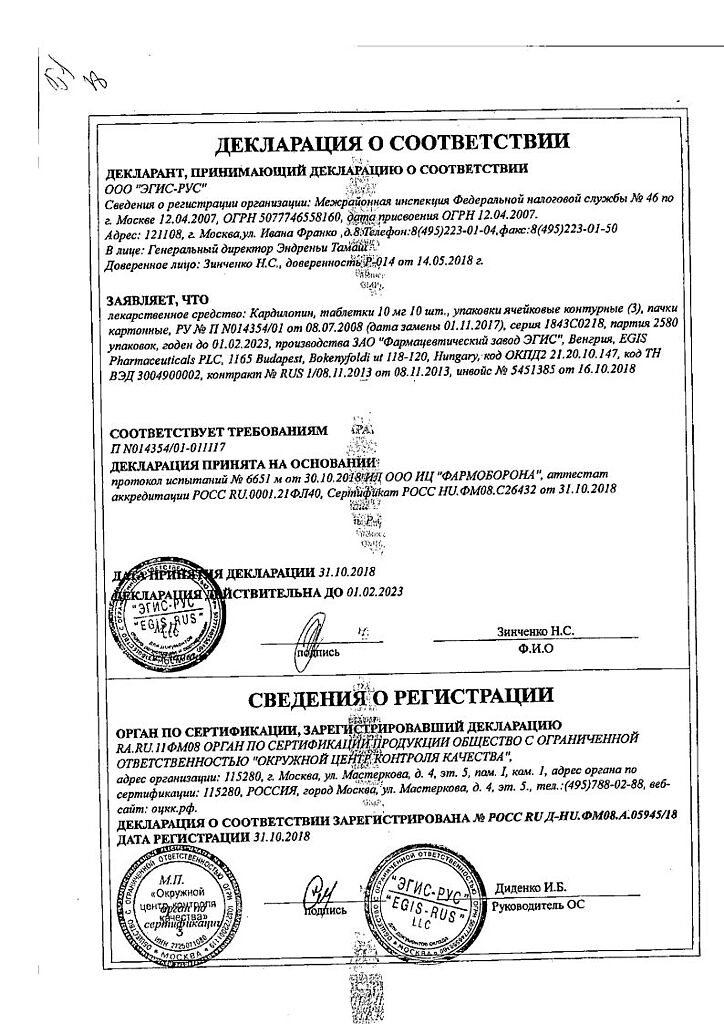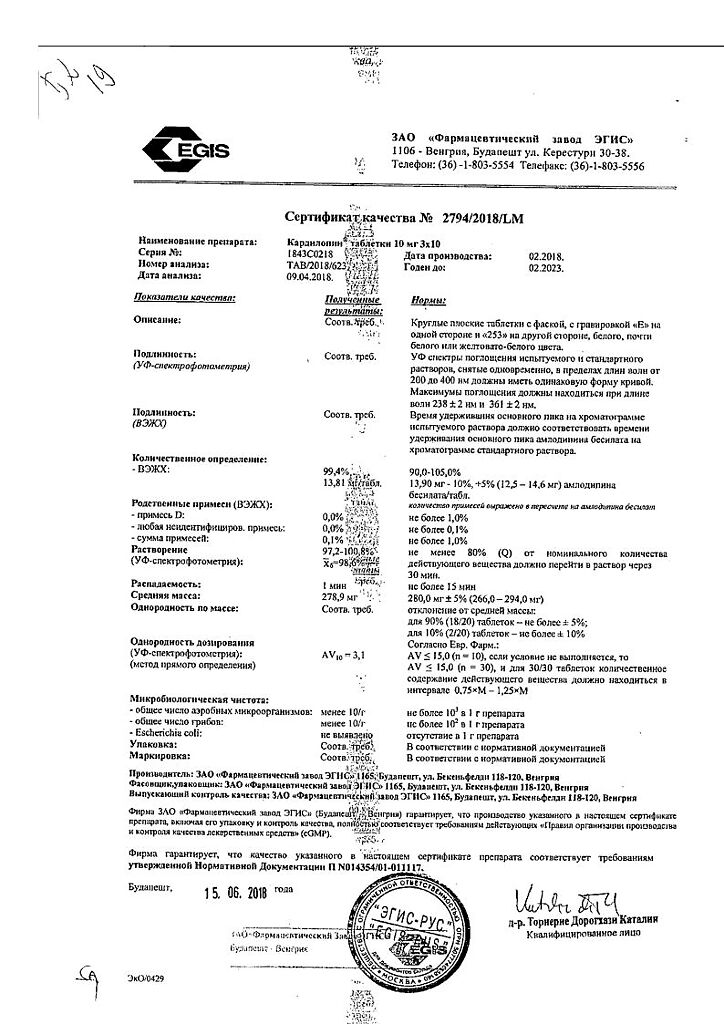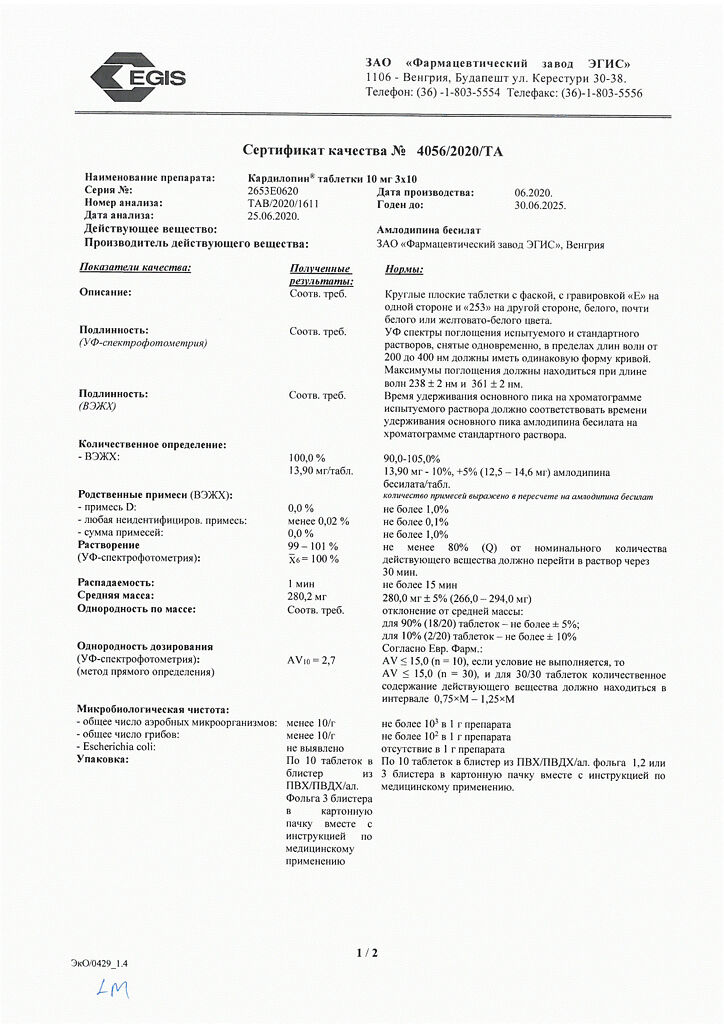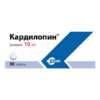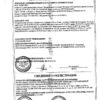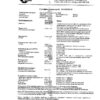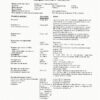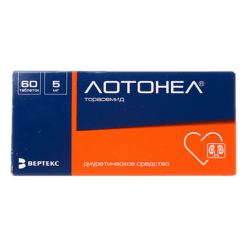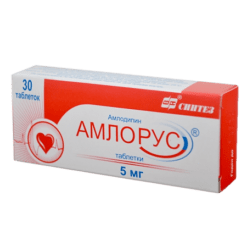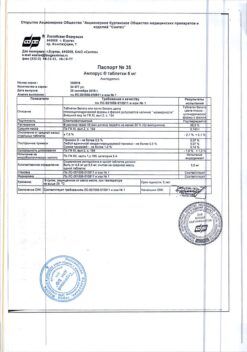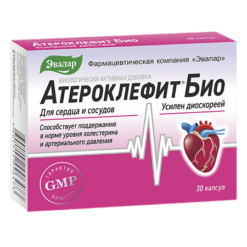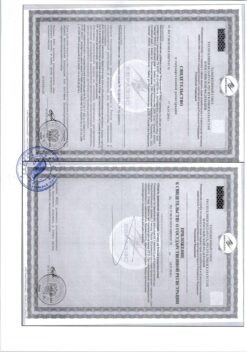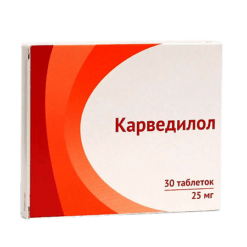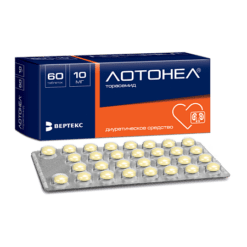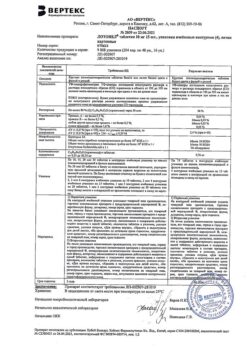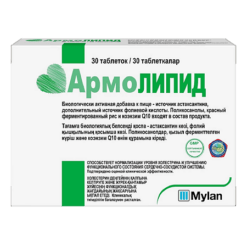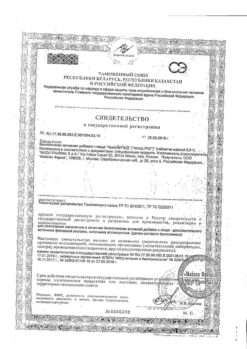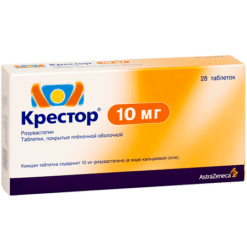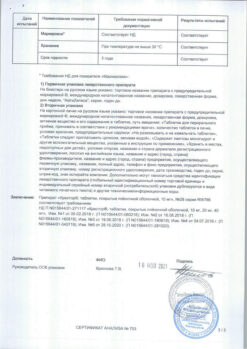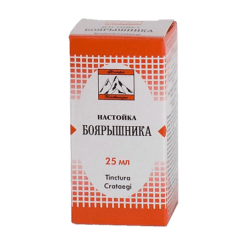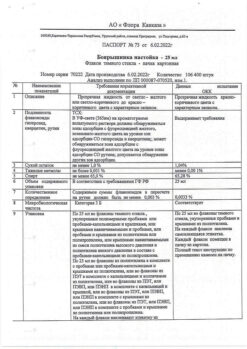No products in the cart.
Cardilopin, tablets 10 mg 30 pcs
€5.96 €5.29
Description
– Arterial hypertension (as monotherapy or, if necessary, as part of combination therapy with other antihypertensive agents).
– Stable angina pectoris (as monotherapy or as part of combination therapy with other antianginal agents).
– Angiospastic angina pectoris (Prinzmetal angina pectoris) (as monotherapy or in combination therapy with other antianginal agents).
Indications
Indications
– Arterial hypertension (as monotherapy or, if necessary, as part of combination therapy with other antihypertensive drugs).
– Stable angina (as monotherapy or as part of combination therapy with other antianginal drugs).
– Angiospastic angina (Prinzmetal’s angina) (as monotherapy or as part of combination therapy with other antianginal drugs).
Pharmacological effect
Pharmacological effect
Cardilopin has a hypotensive and antianginal effect.
Special instructions
Special instructions
Studies in patients with heart failure stages II and III according to the NYHA classification when taking amlodipine did not reveal a decrease in exercise tolerance, left ventricular ejection function or worsening of clinical symptoms. The results of clinical studies in patients with NYHA stage III-IV heart failure showed that amlodipine does not increase the incidence of cardiovascular events or mortality when combined with ACE inhibitors, diuretics or digoxin.
During the treatment period, it is necessary to maintain dental hygiene and visit the dentist (to prevent pain, bleeding and gum hyperplasia).
The dosage regimen for the elderly is the same as for patients of other age groups. When increasing the dose, careful monitoring of elderly patients is necessary. The vasodilating effect of amlodipine develops gradually. Therefore, acute arterial hypotension after its use is very rare, however, before stopping treatment, a gradual reduction in dosage is recommended.
Amlodipine does not affect plasma concentrations of potassium, glucose, triglycerides, total cholesterol, LDL, uric acid, creatinine and uric acid nitrogen.
Active ingredient
Active ingredient
Amlodipine
Composition
Composition
1 table contains
amlodipine 10 mg (as amlodipine besylate 13.89 mg, respectively);
excipients:
MCC;
sodium starch glycolate;
magnesium stearate;
colloidal anhydrous silicon dioxide.
Pregnancy
Pregnancy
Given the insufficient clinical experience with the use of amlodipine during pregnancy and lactation, the drug should not be prescribed to pregnant women, as well as women of reproductive age who do not use effective methods of contraception, unless the therapeutic benefit of the drug justifies the possible risk.
If it is necessary to use the drug during lactation, breastfeeding should be stopped.
Contraindications
Contraindications
– Unstable angina.
– Clinically significant aortic stenosis.
– Severe arterial hypotension.
– Children and adolescents under 18 years of age (due to lack of clinical experience).
– Pregnancy.
– Lactation period (breastfeeding).
– Hypersensitivity to amlodipine and other components of the drug.
The drug should be prescribed with caution when:
– Liver dysfunction.
– SSSU (severe bradycardia, tachycardia).
– Chronic heart failure in the stage of decompensation.
– Mild or moderate arterial hypotension.
– Aortic stenosis.
– Mitral stenosis.
– Hypertrophic obstructive cardiomyopathy.
– Acute myocardial infarction (and within 1 month after).
– Diabetes mellitus.
– Elderly patients.
Side Effects
Side Effects
Frequent side effects (>1%), depending on the dose (in%): peripheral edema (frequency of occurrence for a dose of 5 mg – 3.0% and for 10 mg – 10.8%); dizziness (incidence for doses of 5 mg and 10 mg – 3.4%); hot flashes (for 5 mg – 1.4% and for 10 mg – 2.6%); heartbeat (for 5 mg – 1.4% and for 10 mg – 4.5%).
Frequent side effects (>1%), independent of dose (in%): headache (7.3%); abdominal pain (1.6%); increased fatigue (4.5%); drowsiness (1.4%); nausea (2.9%).
Other rare side effects: skin rash, gingival hyperplasia, dyspepsia, asthenia, arthralgia, myalgia, muscle spasms, sexual dysfunction (in both men and women), dyspnea, itching, pollakiuria.
Very rare side effects: liver dysfunction, jaundice, erythema multiforme, gynecomastia.
Other side effects: as with the use of other CCBs, patients with severe occlusive coronary disease may experience progression of symptoms of angina pectoris, myocardial infarction, arrhythmias (atrial fibrillation and ventricular tachycardia – which, however, cannot be differentiated from the underlying disease).
Interaction
Interaction
The simultaneous use of amlodipine with thiazide diuretics, beta-blockers, long-acting nitrates, sublingual nitroglycerin preparations, NSAIDs, antibiotics and oral hypoglycemic agents is possible.
Thiazide and loop diuretics, beta-blockers, verapamil, ACE inhibitors and nitrates enhance the antianginal and hypotensive effects of amlodipine.
Amiodarone, quinidine, alpha 1-blockers, antipsychotic drugs (neuroleptics) and slow calcium channel blockers may enhance the hypotensive effect of ammlodipine.
Calcium supplements may reduce the effect of slow calcium channel blockers (including amlodipine).
Inhibitors of microsomal oxidation, increasing the concentration of amlodipine in the blood plasma, increase the risk of side effects, and inducers of microsomal liver enzymes reduce it.
The hypotensive effect of amlodipine is weakened by NSAIDs, especially indomethacin (due to sodium retention and blockade of prostaglandin synthesis by the kidneys), alpha-adrenergic agonists, estrogens (due to sodium retention), and sympathomimetics.
Procainamide, quinidine and other drugs known to prolong the QT interval enhance the negative inotropic effect of amlodipine and may increase the risk of significant prolongation of the QT interval.
Cimetidine does not affect the pharmacokinetics of amlodipine.
Amlodipine has no effect on the pharmacokinetic parameters of digoxin and warfarin.
Grapefruit juice may slightly increase serum amlodipine levels, but this does not lead to significant changes in blood pressure.
Overdose
Overdose
Symptoms: marked decrease in blood pressure, tachycardia, excessive peripheral vasodilation.
Treatment: the patient should be placed in a horizontal position with raised legs. Gastric lavage, administration of activated charcoal, maintenance of cardiovascular system function, monitoring of heart and lung function indicators, monitoring of blood volume and diuresis are carried out. Intensive symptomatic therapy is carried out. To restore vascular tone, the use of vasoconstrictor drugs is indicated (in the absence of contraindications to their use); to eliminate the consequences of blockade of calcium channels – intravenous administration of calcium gluconate. Hemodialysis is not effective.
Storage conditions
Storage conditions
In a place protected from light, at a temperature of 15–25 °C
Shelf life
Shelf life
5 years
Manufacturer
Manufacturer
EGIS, Hungary
Additional information
| Shelf life | 5 years |
|---|---|
| Conditions of storage | In a light-protected place at 15-25 °C |
| Manufacturer | EGIS, Hungary |
| Medication form | pills |
| Brand | EGIS |
Related products
Buy Cardilopin, tablets 10 mg 30 pcs with delivery to USA, UK, Europe and over 120 other countries.

